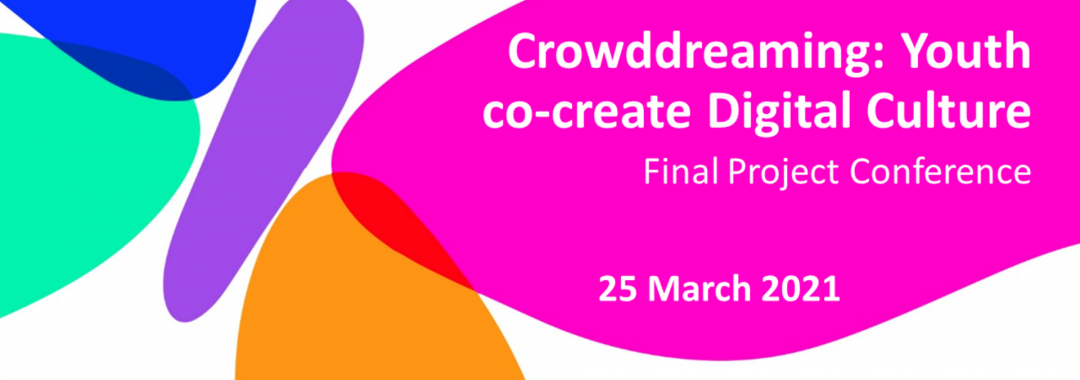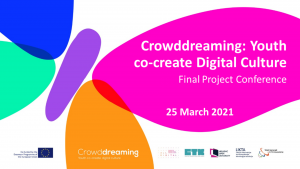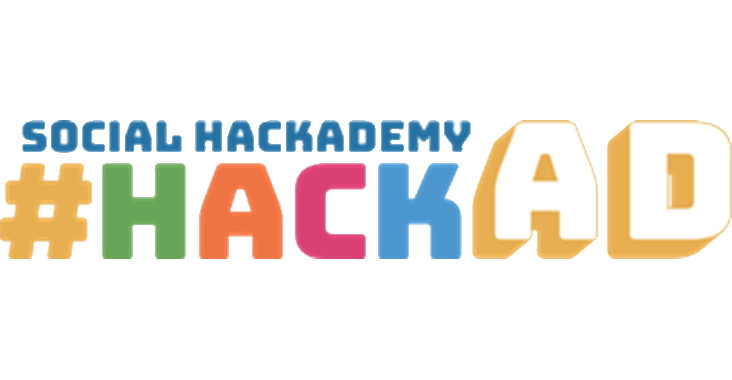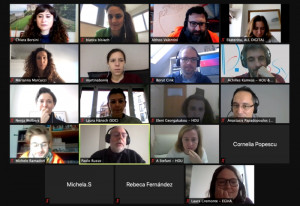 The DAISSy Research Group of the Hellenic Open University (HOU) participated at the kickoff meeting of the european, two-year project “Advanced Media Literacy Education to counter online hate-speech” (AMeLiE). AmeLiE is funded by the Erasmus+ Programme of the European Union under Action KA2 Strategic Partnerships in the field of scholl education, and its official launch took place online on January 13th and 14th 2021.
The DAISSy Research Group of the Hellenic Open University (HOU) participated at the kickoff meeting of the european, two-year project “Advanced Media Literacy Education to counter online hate-speech” (AMeLiE). AmeLiE is funded by the Erasmus+ Programme of the European Union under Action KA2 Strategic Partnerships in the field of scholl education, and its official launch took place online on January 13th and 14th 2021.
The AMeLiE project main target is to address the issue of online hate-speech. The project is being implemented by a consortium of six (6) partners from five (5) countries, namely: Belgium, Germany, Greece, Italy, Romania. The partnership is composed by sectoral organisations-national and international education networks and organisations; VET providers; one University and two European networks.
During the meeting, the partners discussed the Work Packages (WPs) and possible challenges, defined the priorities and set the implementation action plan for the first year. Specifically, on the first day, the discussion focused on a general overview of the project that took place by the Italian Coordinator, EGINA; the introduction to the already successfully tested methodologies, i.e. HOU’s Sonet-BULL platform and the Parole Ostili material, as well as an online training for the needs analysis research part. The second day included the presentation of information on management and communication activities, with emphasis on the Quality Assurance (QA) plan developed by HOU, and the dissemination and exploitation activities including the presentation of the project visual identity package.
The DAISSy Research Group of the HOU will participate in all project WPs by piloting the AMeLiE activities in Greece, and furthermore by Leading the a. development of the Virtual Network between schools for the contrast to online hate-speech; b. technical development of the Platform, c. QA plan, tools and activities.

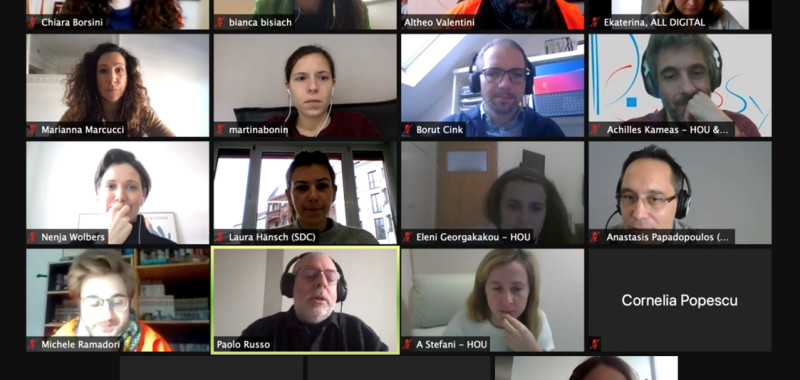
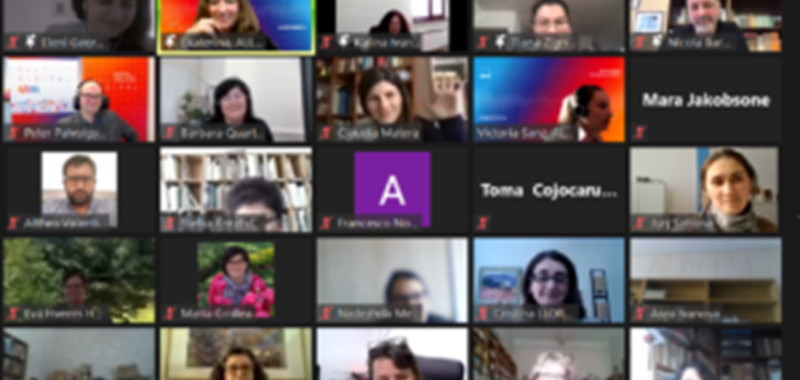
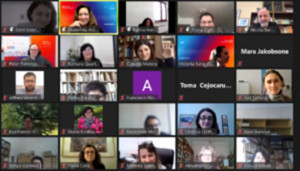 Προσελκύοντας μεγάλο αριθμό ενεργών συμμετοχών, συνολικά 187, πραγματοποιήθηκε στις 31 Μαρτίου 2021 η πρώτη Διεθνής διαδικτυακή εκδήλωση του έργου Biblio με θέμα την «Ενίσχυση των ψηφιακών δεξιοτήτων και ικανοτήτων των επαγγελματιών των Βιβλιοθηκών».
Προσελκύοντας μεγάλο αριθμό ενεργών συμμετοχών, συνολικά 187, πραγματοποιήθηκε στις 31 Μαρτίου 2021 η πρώτη Διεθνής διαδικτυακή εκδήλωση του έργου Biblio με θέμα την «Ενίσχυση των ψηφιακών δεξιοτήτων και ικανοτήτων των επαγγελματιών των Βιβλιοθηκών».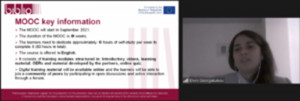 Εκ μέρους της Ερευνητικής Ομάδας DAISSy του ΕΑΠ, ο κύκλος των ομιλιών ολοκληρώθηκε με την παρουσίαση της κας Ελένης Γεωργακάκου, Ερευνήτριας και Υπεύθυνης Διαχείρισης του έργου BIBLIO για την Ελλάδα, αναφορικά με το Μαζικό Ανοικτό Διαδικτυακό Μάθημα (Massive Open Online Course-MOOC) του έργου, για το οποίο η DAISSy είναι υπεύθυνη ανάπτυξης και τεχνικής υποστήριξης. Όπως επεσήμανε η κα Γεωργακάκου, το MOOC αναμένεται να διατεθεί από το Σεπτέμβριο του 2021 δωρεάν σε ενδιαφερόμενους-ες επαγγελματίες των Βιβλιοθηκών σε όλο τον κόσμο. Στη συνέχεια της παρουσίασής της, ανέλυσε τα βασικά χαρακτηριστικά του μαθήματος, το περιεχόμενο και την ομάδα στόχο του, τα επιδιωκόμενα αποτελέσματα και τη συμβολή του στην επίτευξη των στόχων του έργου Biblio, αναδεικνύοντας παράλληλα την εξαιρετική υφιστάμενη τεχνογνωσία της DAISSy στο αντικείμενο αυτό.
Εκ μέρους της Ερευνητικής Ομάδας DAISSy του ΕΑΠ, ο κύκλος των ομιλιών ολοκληρώθηκε με την παρουσίαση της κας Ελένης Γεωργακάκου, Ερευνήτριας και Υπεύθυνης Διαχείρισης του έργου BIBLIO για την Ελλάδα, αναφορικά με το Μαζικό Ανοικτό Διαδικτυακό Μάθημα (Massive Open Online Course-MOOC) του έργου, για το οποίο η DAISSy είναι υπεύθυνη ανάπτυξης και τεχνικής υποστήριξης. Όπως επεσήμανε η κα Γεωργακάκου, το MOOC αναμένεται να διατεθεί από το Σεπτέμβριο του 2021 δωρεάν σε ενδιαφερόμενους-ες επαγγελματίες των Βιβλιοθηκών σε όλο τον κόσμο. Στη συνέχεια της παρουσίασής της, ανέλυσε τα βασικά χαρακτηριστικά του μαθήματος, το περιεχόμενο και την ομάδα στόχο του, τα επιδιωκόμενα αποτελέσματα και τη συμβολή του στην επίτευξη των στόχων του έργου Biblio, αναδεικνύοντας παράλληλα την εξαιρετική υφιστάμενη τεχνογνωσία της DAISSy στο αντικείμενο αυτό.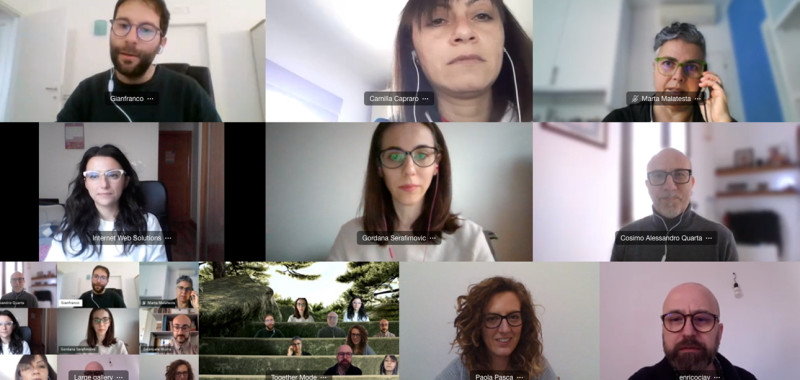
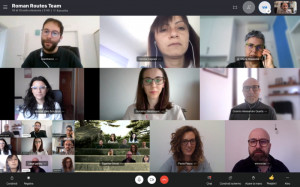 On March 24th, 2021, DAISSy Research Group of Hellenic Open University joined the 3rd transnational meeting of ALL ROUTES LEAD TO ROME, a Project co-funded by the Erasmus+ Plus Programme of the European Commission, which brings together eight Partners from five countries (Belgium, Italy, Greece, North Macedonia, and Spain).
On March 24th, 2021, DAISSy Research Group of Hellenic Open University joined the 3rd transnational meeting of ALL ROUTES LEAD TO ROME, a Project co-funded by the Erasmus+ Plus Programme of the European Commission, which brings together eight Partners from five countries (Belgium, Italy, Greece, North Macedonia, and Spain).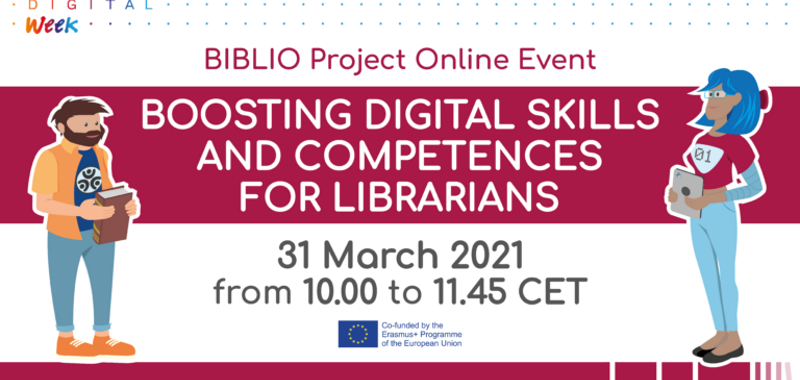
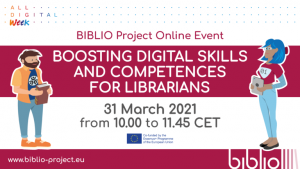 The
The ![[CrAL]-photo-KOM](http://daissy.eap.gr/wp-content/uploads/2021/03/CrAL-photo-KOM-1080x380.jpg)
![[CrAL]-photo-KOM](http://daissy.eap.gr/wp-content/uploads/2021/03/CrAL-photo-KOM-1024x488.jpg)
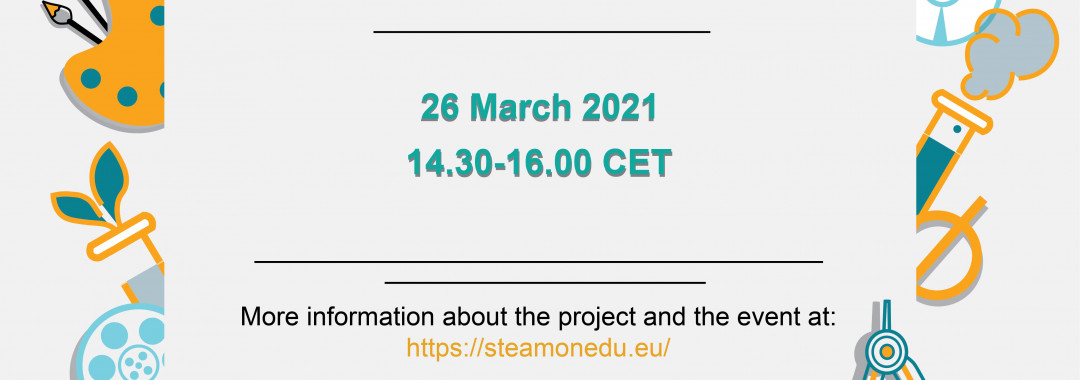
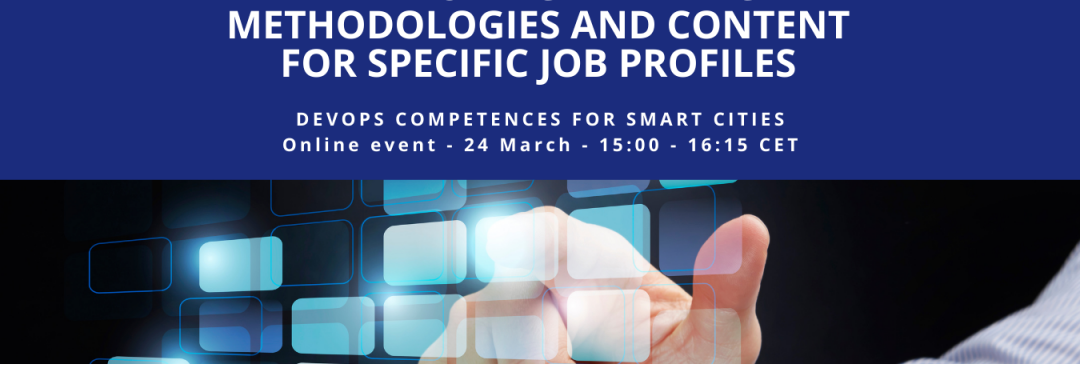
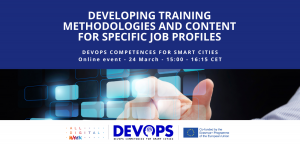 The DevOps Competences for Smart Cities (Smart-DevOps) is an Erasmus+ KA2/Sector Skills Alliances project that addresses the shortage of digital and transferable skills of public sector employees working in smart cities/municipalities and will support them in their professional development.
The DevOps Competences for Smart Cities (Smart-DevOps) is an Erasmus+ KA2/Sector Skills Alliances project that addresses the shortage of digital and transferable skills of public sector employees working in smart cities/municipalities and will support them in their professional development.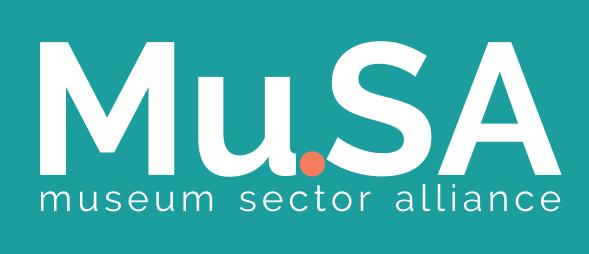
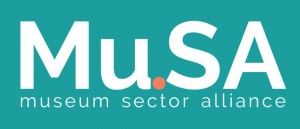 The book entitled “
The book entitled “